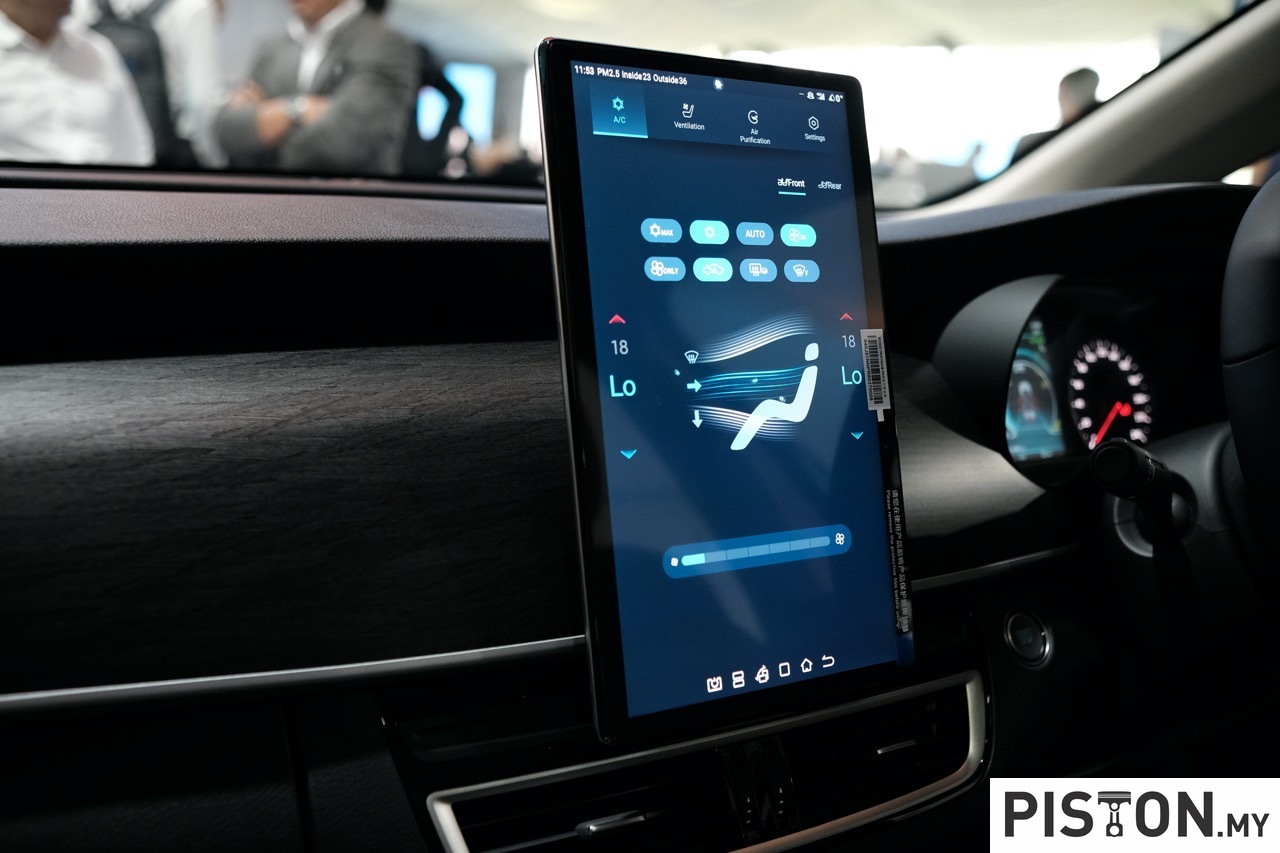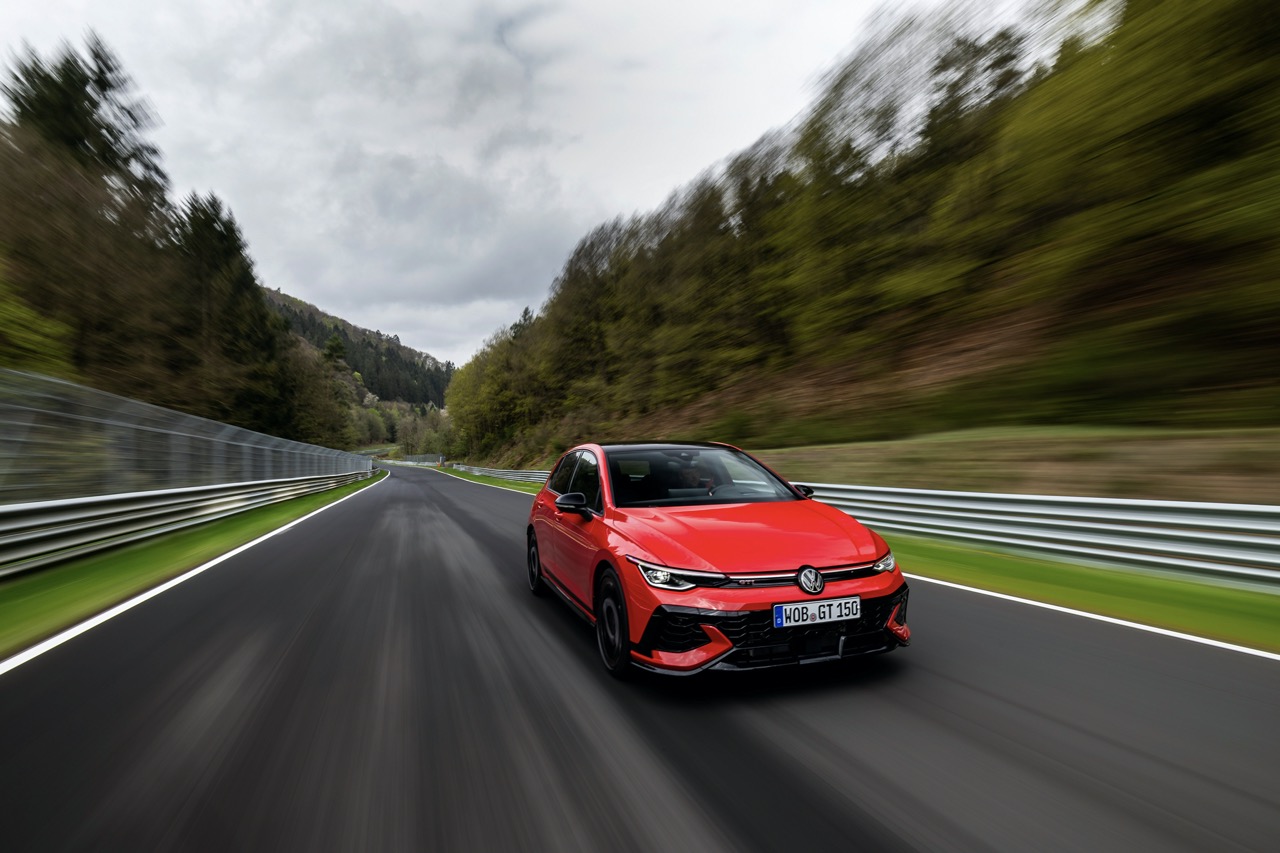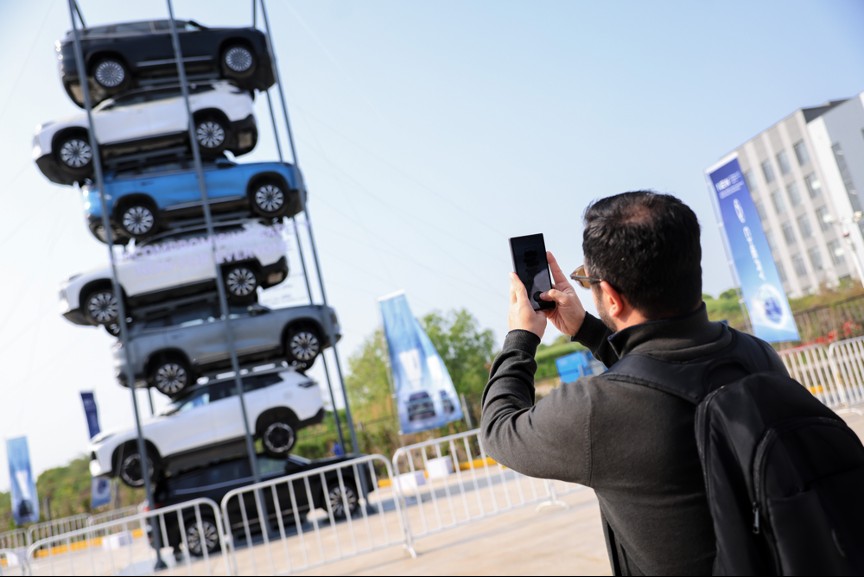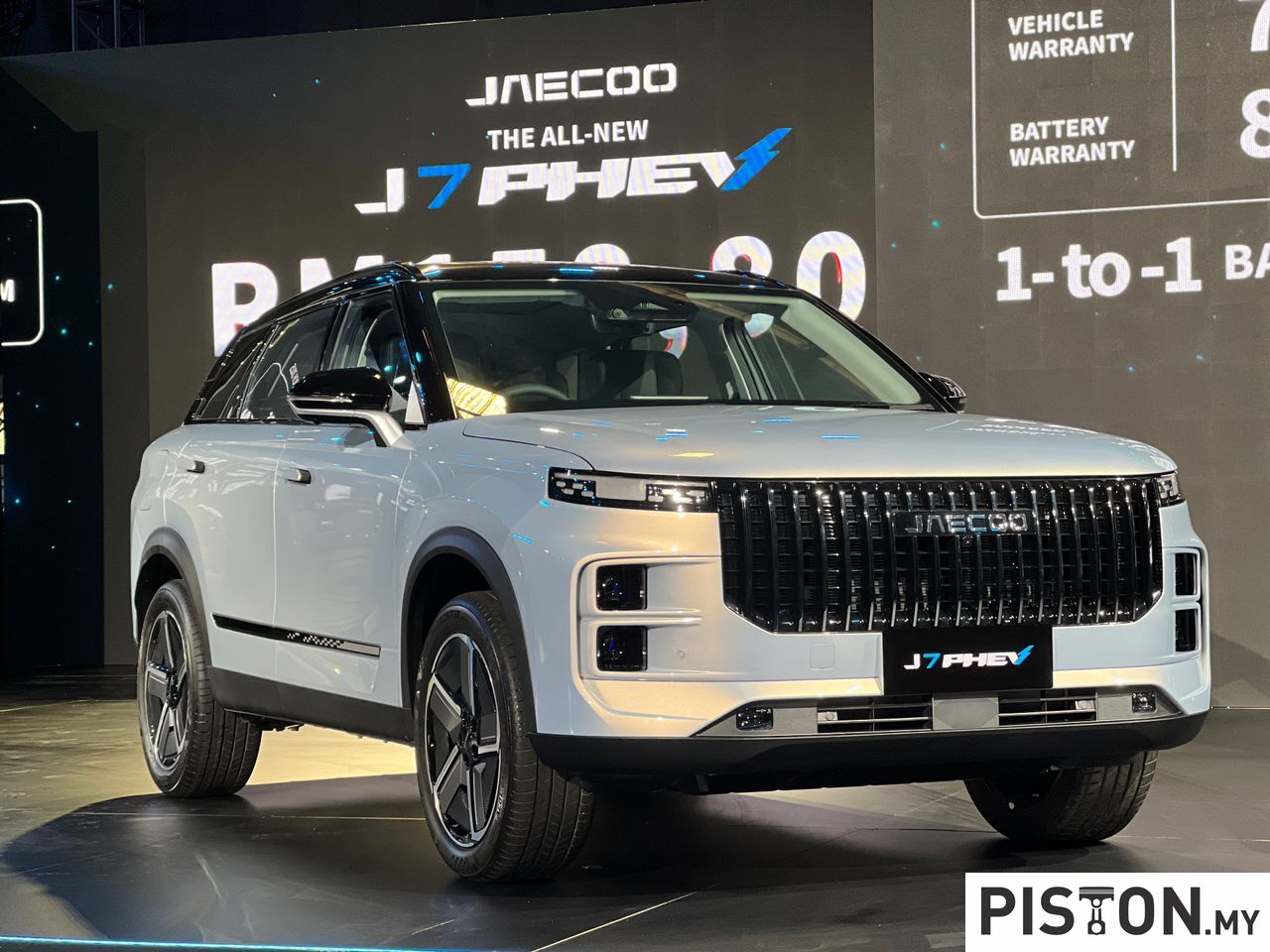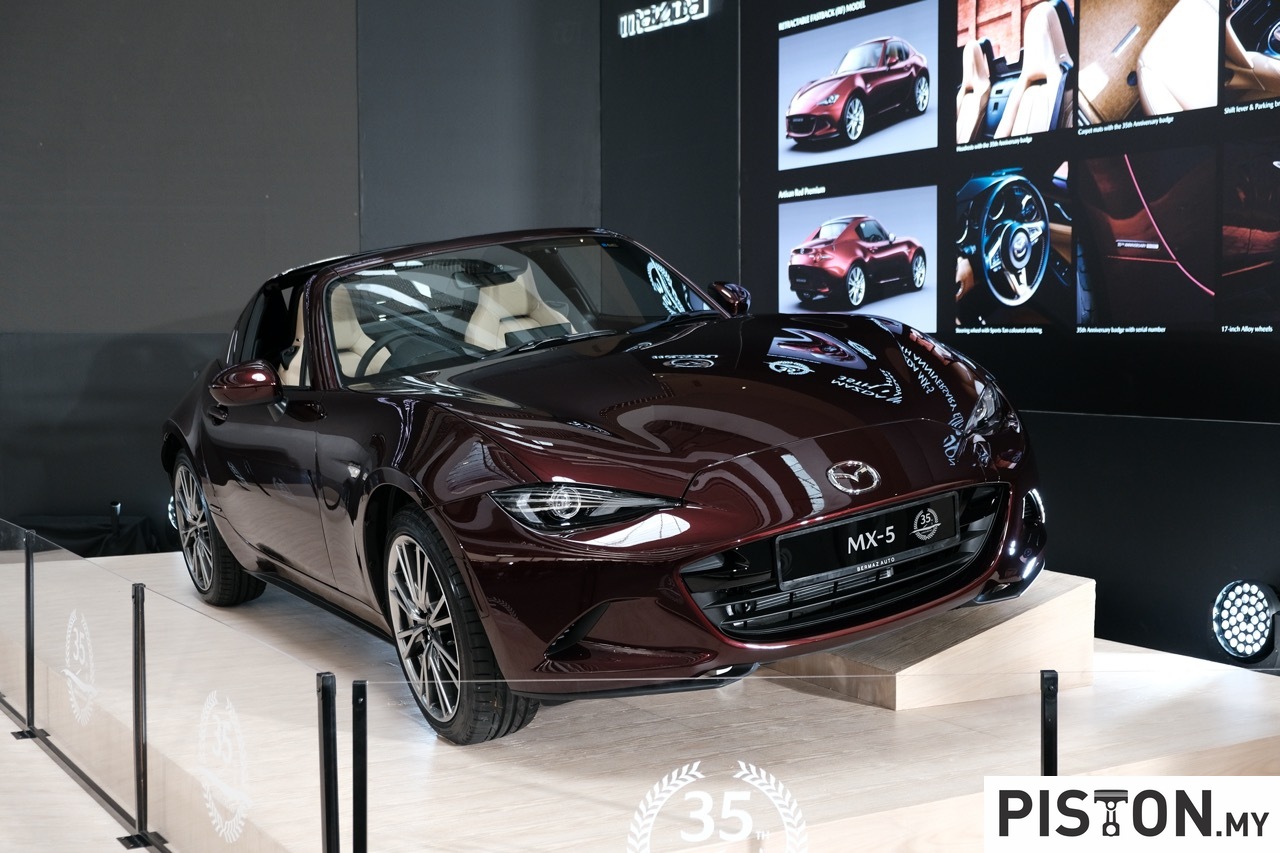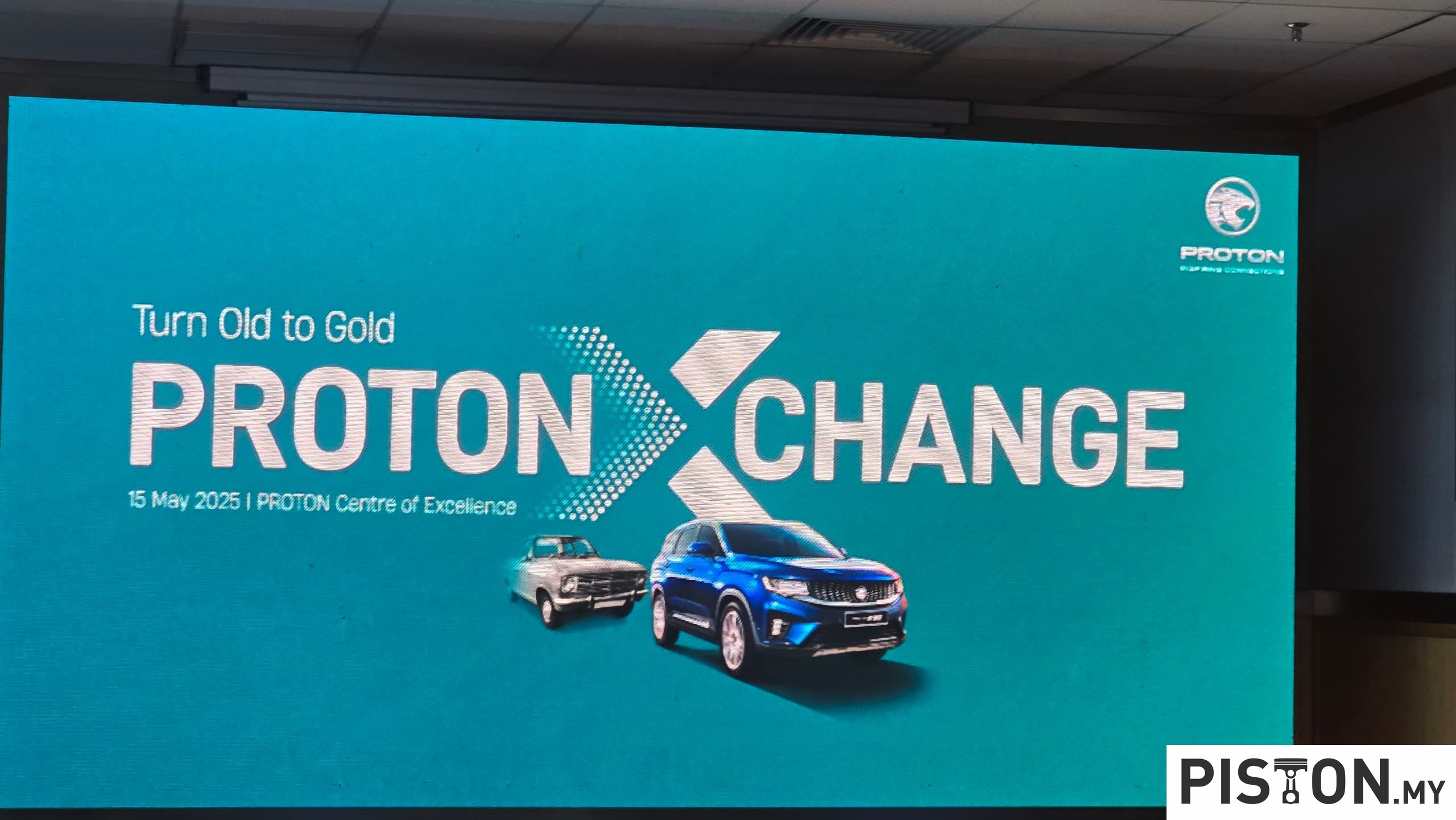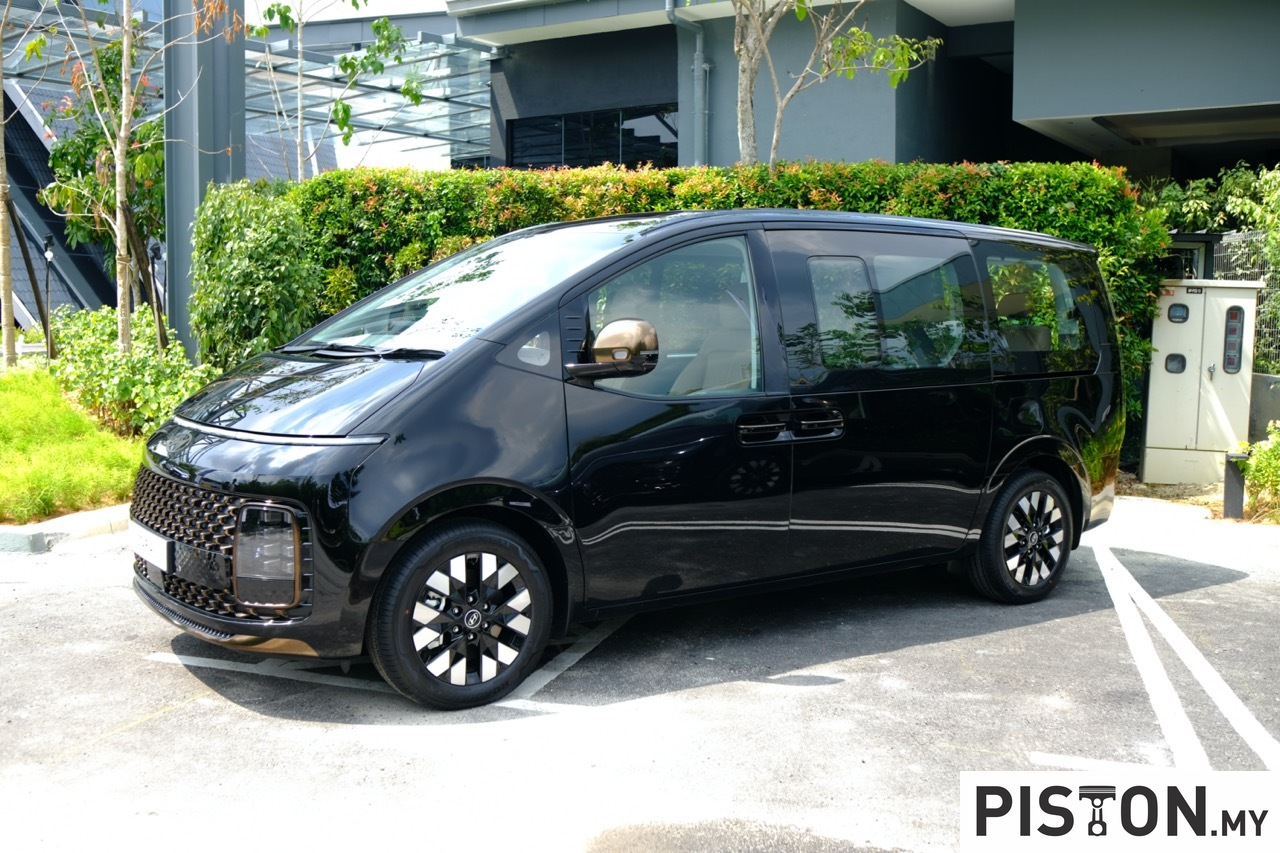In a decisive step to protect national security, the Biden administration has finalised new regulations that will effectively prohibit the sale of smart cars containing Chinese or Russian technology in the United States. The rules, announced by the Commerce Department, will impact connected vehicles from model year 2027 onwards and are aimed at addressing concerns over potential exploitation of sensitive data and national security risks.
Key Provisions and Timeline
The regulations will be implemented in phases, with different restrictions applied to software and hardware:
- Software Restrictions: Effective from model year 2027.
- Hardware Restrictions: Effective from model year 2030.
- Non-Year-Labeled Vehicles: Restrictions will begin on January 1, 2029.
The rules will initially apply to passenger vehicles weighing under 4,536 kg. Separate regulations will address commercial vehicles, including trucks and buses, at a later stage.
National Security Justifications
The administration argues that the regulations are necessary to safeguard sensitive data collected by connected vehicles, such as personal and locational information, which could potentially be exploited by foreign adversaries. There are also concerns about the risk of malicious software updates that could disable vehicles or interfere with critical infrastructure.
This move is part of the broader US strategy to counter the technological influence of China and Russia. The new regulations follow earlier actions, including restrictions on AI-enabling chips and proposed bans on Chinese-made drones. US officials emphasise the importance of securing critical supply chains and protecting national security from emerging threats.
Industry Reactions and Challenges
The Chinese Embassy has condemned the measures, accusing the US of politicising the issue and undermining global supply chains. The embassy further argued that the rules could harm US industrial interests and disrupt international trade.
Commerce Secretary Gina Raimondo defended the regulations, describing them as a “targeted approach” to protect the US-connected vehicle infrastructure. Undersecretary Alan Estevez also stressed the risks posed by data exploitation, pointing out that vehicles increasingly gather vast amounts of personal information that could be weaponized by hostile actors.
Chinese manufacturers, including BYD, which operates a facility in California, and brands like Lotus and Volvo (owned by Chinese companies), may face substantial hurdles in adapting to these new rules. The US has already implemented a 100% tariff on Chinese electric vehicles (EVs) as part of efforts to reduce reliance on China and stimulate the domestic auto industry.
Looking Ahead: Uncertain Future
With President Joe Biden’s term concluding, the future of these regulations remains uncertain. The incoming President Donald Trump, set to be inaugurated next week, could alter the course of these initiatives. In the meantime, Biden’s administration has also issued an executive order aimed at accelerating AI infrastructure development, underscoring the nation’s focus on securing emerging technologies critical to its national security.
As the situation unfolds, the full impact of these new restrictions on the US automotive industry, as well as international relations, will become clearer in the coming months.



